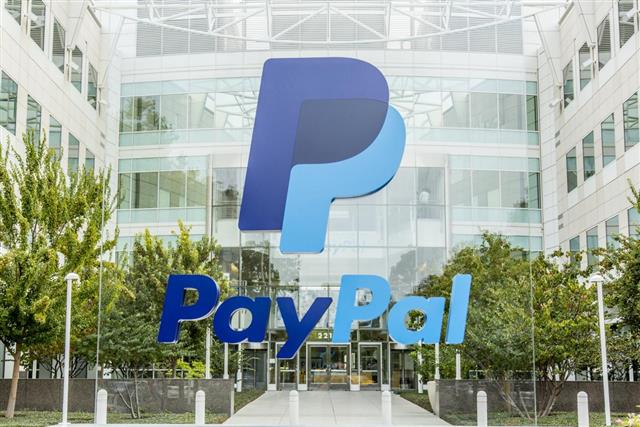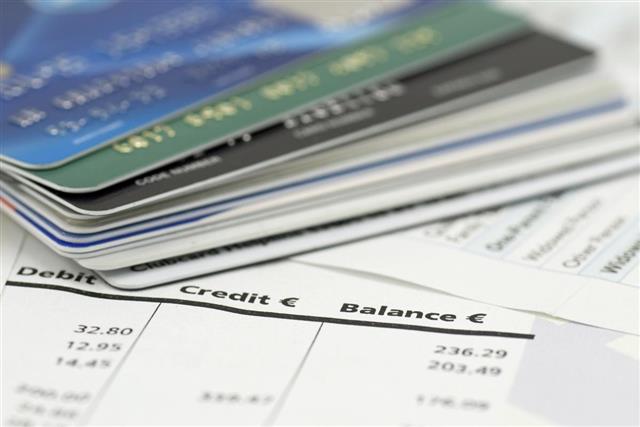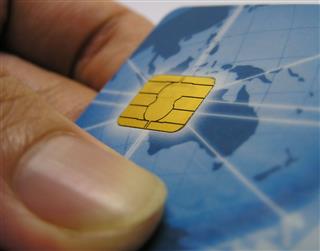
The amount of paper money that a person needs to carry around has also reduced considerably, thanks to electronic cash. The article below elaborates on the advantages and disadvantages of electronic cash.
Gone are the days when an individual had to carry around silver and gold coins. The paper money then made an entry. With the advent of electronic cash, this option may be dwindling faster too! However, there are always two sides to every coin. Electronic money has made monetary transactions a piece of cake. Be it an amount in millions, or money transfer to a tiny town in another continent, e-cash transactions are fast, accurate, and easy. It has its pros and cons, though, like everything else.
Types of Electronic Cash
Anonymous: This kind of e-cash works just like cash. Once a specific amount is withdrawn from an account, it can be used (or misused) without leaving a visible trail.
Identified: We know this category popularly as PayPal or WebMoney. The usage and transfer of money in these systems is not entirely untraceable.
Online: Obviously, it means that one needs to correspond with a bank (via the internet). The bank, then, gets in touch with the third party.
Offline: One can directly conduct the transaction without any interference from the bank.
Smart Card: Smart cards are like credit cards with a computer chip in them that stores the holder’s money-related information. They are used in digital cash applications.
Electronic Cash
Pros
- Anonymity and non-traceability can be maintained with e-cash.
- User ids are kept highly confidential.
- There are hardly any issues regarding “double spending”.
- Real-time checking of all transactions makes the possibility of multiple expenditures negligible.
- There is no requirement of additional secure hardware.
- The existing POS (point of sale) hardware can be updated and used.
Cons
- There are communication overheads; security and anonymity cost become a bottleneck of the system. This can happen at times during real-time verifications.
- The bank has to maintain massive, detailed, and confidential databases.
- The bank needs to synchronize its server every time transaction is made. It would be insanely impractical to maintain.
Paper Cash
Pros
- Offline money is portable.
- The user is anonymous unless he commits a double expenditure.
- The bank can effectively detect a double spender.
- Frequent synchronizations are not required, the bank doesn’t need to synchronize its servers very often. This is mostly done via batch updates.
Cons
- Prevention may not be immediate; double spending may not be prevented effectively and immediately.
- There is heavy implementation expenditure; the required additional hardware is quite costly to install.
There is another con to consider. E-transactions depend a lot on technology. Hence, power failure, unavailability of internet connection, non-dependable software, and loss of records could be a hindrance in your way.
So, the next time someone speaks about e-cash, I am sure you will have enough information in hand. About using this system yourself, good idea. Just make sure you read all the disclaimers and are aware of your system thoroughly!




